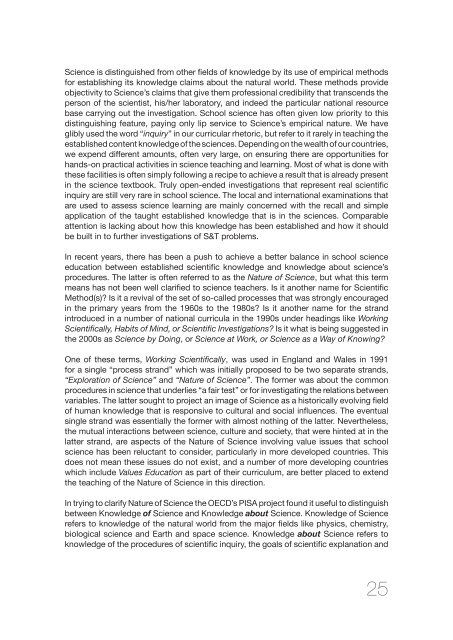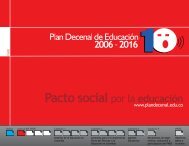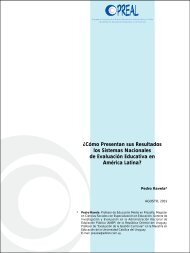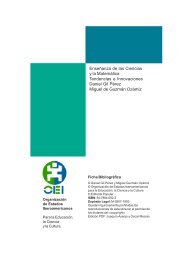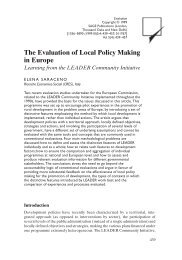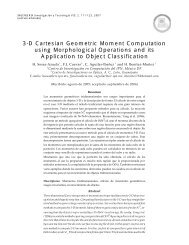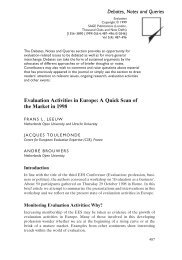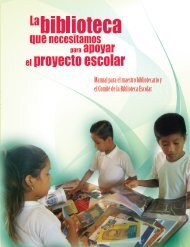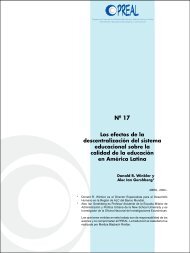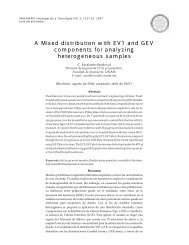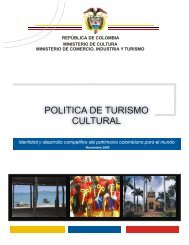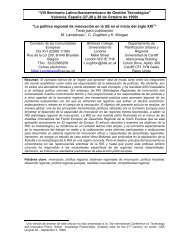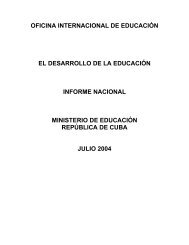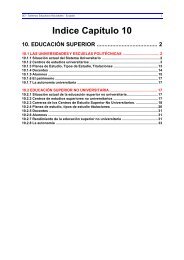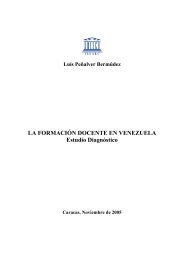Science education policy-making: eleven emerging issues; 2008 - OEI
Science education policy-making: eleven emerging issues; 2008 - OEI
Science education policy-making: eleven emerging issues; 2008 - OEI
Create successful ePaper yourself
Turn your PDF publications into a flip-book with our unique Google optimized e-Paper software.
<strong>Science</strong> is distinguished from other fields of knowledge by its use of empirical methods<br />
for establishing its knowledge claims about the natural world. These methods provide<br />
objectivity to <strong>Science</strong>’s claims that give them professional credibility that transcends the<br />
person of the scientist, his/her laboratory, and indeed the particular national resource<br />
base carrying out the investigation. School science has often given low priority to this<br />
distinguishing feature, paying only lip service to <strong>Science</strong>’s empirical nature. We have<br />
glibly used the word “inquiry” in our curricular rhetoric, but refer to it rarely in teaching the<br />
established content knowledge of the sciences. Depending on the wealth of our countries,<br />
we expend different amounts, often very large, on ensuring there are opportunities for<br />
hands-on practical activities in science teaching and learning. Most of what is done with<br />
these facilities is often simply following a recipe to achieve a result that is already present<br />
in the science textbook. Truly open-ended investigations that represent real scientific<br />
inquiry are still very rare in school science. The local and international examinations that<br />
are used to assess science learning are mainly concerned with the recall and simple<br />
application of the taught established knowledge that is in the sciences. Comparable<br />
attention is lacking about how this knowledge has been established and how it should<br />
be built in to further investigations of S&T problems.<br />
In recent years, there has been a push to achieve a better balance in school science<br />
<strong>education</strong> between established scientific knowledge and knowledge about science’s<br />
procedures. The latter is often referred to as the Nature of <strong>Science</strong>, but what this term<br />
means has not been well clarified to science teachers. Is it another name for Scientific<br />
Method(s)? Is it a revival of the set of so-called processes that was strongly encouraged<br />
in the primary years from the 1960s to the 1980s? Is it another name for the strand<br />
introduced in a number of national curricula in the 1990s under headings like Working<br />
Scientifically, Habits of Mind, or Scientific Investigations? Is it what is being suggested in<br />
the 2000s as <strong>Science</strong> by Doing, or <strong>Science</strong> at Work, or <strong>Science</strong> as a Way of Knowing?<br />
One of these terms, Working Scientifically, was used in England and Wales in 1991<br />
for a single “process strand” which was initially proposed to be two separate strands,<br />
“Exploration of <strong>Science</strong>” and “Nature of <strong>Science</strong>”. The former was about the common<br />
procedures in science that underlies “a fair test” or for investigating the relations between<br />
variables. The latter sought to project an image of <strong>Science</strong> as a historically evolving field<br />
of human knowledge that is responsive to cultural and social influences. The eventual<br />
single strand was essentially the former with almost nothing of the latter. Nevertheless,<br />
the mutual interactions between science, culture and society, that were hinted at in the<br />
latter strand, are aspects of the Nature of <strong>Science</strong> involving value <strong>issues</strong> that school<br />
science has been reluctant to consider, particularly in more developed countries. This<br />
does not mean these <strong>issues</strong> do not exist, and a number of more developing countries<br />
which include Values Education as part of their curriculum, are better placed to extend<br />
the teaching of the Nature of <strong>Science</strong> in this direction.<br />
In trying to clarify Nature of <strong>Science</strong> the OECD’s PISA project found it useful to distinguish<br />
between Knowledge of <strong>Science</strong> and Knowledge about <strong>Science</strong>. Knowledge of <strong>Science</strong><br />
refers to knowledge of the natural world from the major fields like physics, chemistry,<br />
biological science and Earth and space science. Knowledge about <strong>Science</strong> refers to<br />
knowledge of the procedures of scientific inquiry, the goals of scientific explanation and<br />
25


